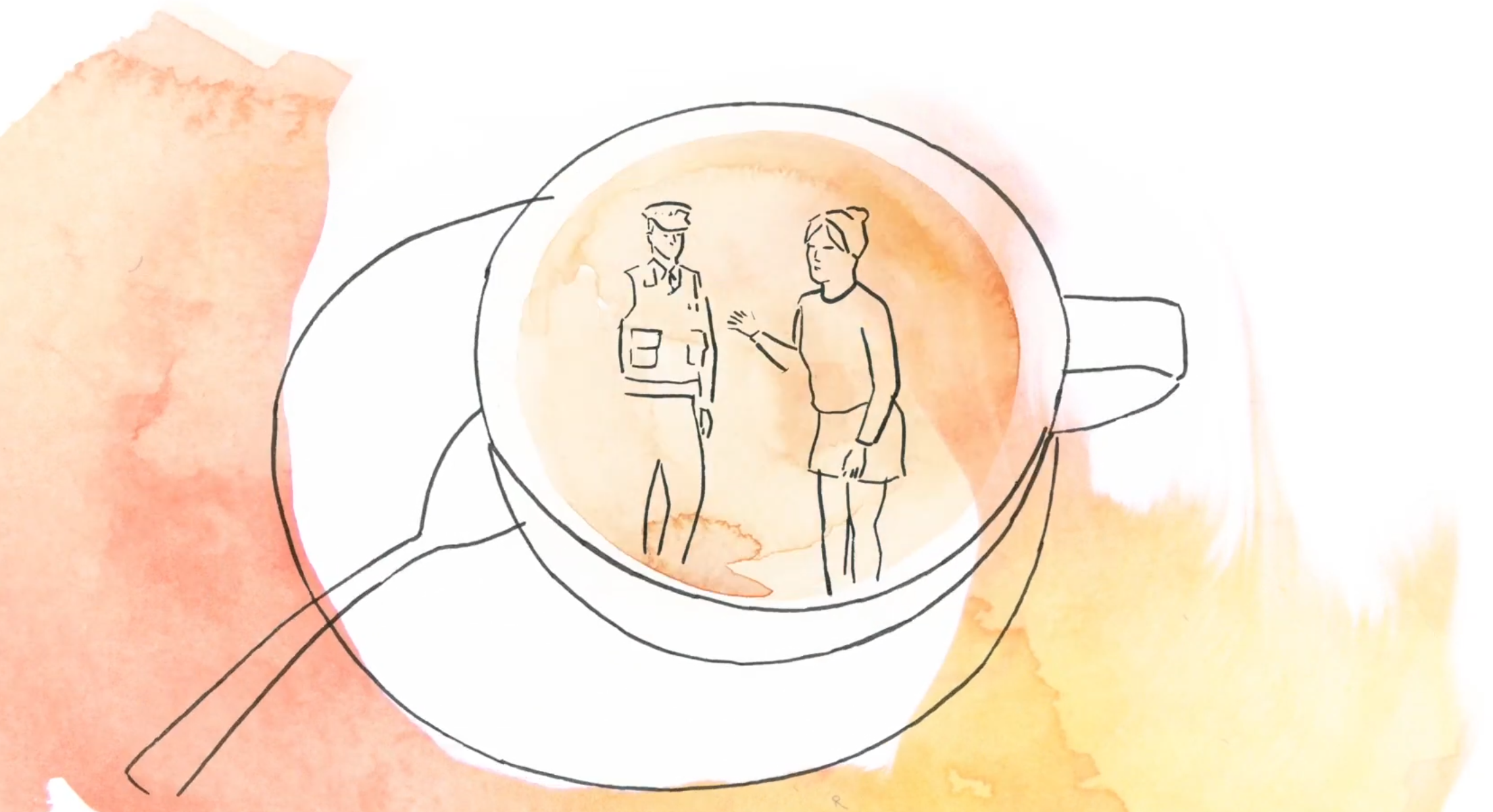Sex workers’ human rights are being undermined by outdated laws and their haphazard enforcement across the country.
Brothel-keeping laws in England and Wales are driving sex workers to operate alone – leaving them more vulnerable to attack – as they could be prosecuted if two or more work together under one roof.
Those who take the risk of working together face the prospect of being raided by police, arrested and, in some cases, threatened with deportation.
Sex work is often seen as uniquely and inherently exploitative. A Conservative Party Human Rights Commission report released last Thursday (25 July 2019) makes the ethical argument that “the purchase of sexual consent … undermines the principle of sexual consent itself”.
But sex workers, such as the English Collective of Prostitutes (ECP), tirelessly campaign for their work to be viewed in the context of other work. They do not want to be “rescued”, but instead demand workplace rights and protections, and to be able to report to the police when they are targeted by violent offenders.
Today (30 July 2019) we are proud to unveil our film titled What’s a Nice Girl Like You Doing in a Job Like This? created in collaboration with the ECP.
Beautifully animated by Tom Senior, it brings to life an ECP report of the same name based on interviews with 16 women and one non-binary person doing jobs traditionally performed by women – including a hairdresser, a midwife, a nurse and two sex workers.
The purpose was to explore pay, working conditions and rights, and break down the artificial divisions between sex workers and women in other forms of work.
It found many similarities between sex work and other professions, such as professional “physical intimacy” being a more common job requirement than you might think. One nurse told the survey: “I have to clean arseholes and no one is concerned about my working conditions.”
It also found key differences, such as the difficulties sex workers face due to many aspects of their work being criminalised.
In a previous role, as the founding CEO of award-winning sex worker safety charity National Ugly Mugs, I worked with thousands of sex workers throughout the UK and I saw first-hand how our laws undermine their safety. I also advised the police at local level and senior strategic level and regularly saw laws being enforced which caused serious harm and entrenched marginalisation.
Amplifying voices, challenging myths, breaking down barriers

Alex Feis-Bryce. Image Credit: RightsInfo.
Throughout this week, we will be publishing a number of articles from a diverse range of experts including sex workers themselves, whose voices will be central – as they should be.
We will also hear from leading academics who have led the two largest and most influential studies on the conditions, safety and rights of sex workers, Beyond the Gaze and The East London Project, as well as sexual health nurse Louise Cahill, who recently ran a successful campaign to have the Royal College of Nursing adopt a position advocating for decriminalisation to improve the health and safety of sex workers.
This week is all about amplifying sex workers’ voices, challenging myths often perpetuated in the media, and breaking down barriers between different forms of work to promote empathy and solidarity.
We hope these human stories will open minds and inspire people to put aside any prejudices, moral judgements or gut reactions, and think again about why people become sex workers and how best to promote their rights and safety.
Want to learn more on this topic?
- Read about concerns over a new hotline for reporting sex workers.
- Take a look at our news piece on the Conservative Human Rights Commission’s report on sex work.
- Learn more about the Royal College of Nursing’s position on the safety of sex workers.







